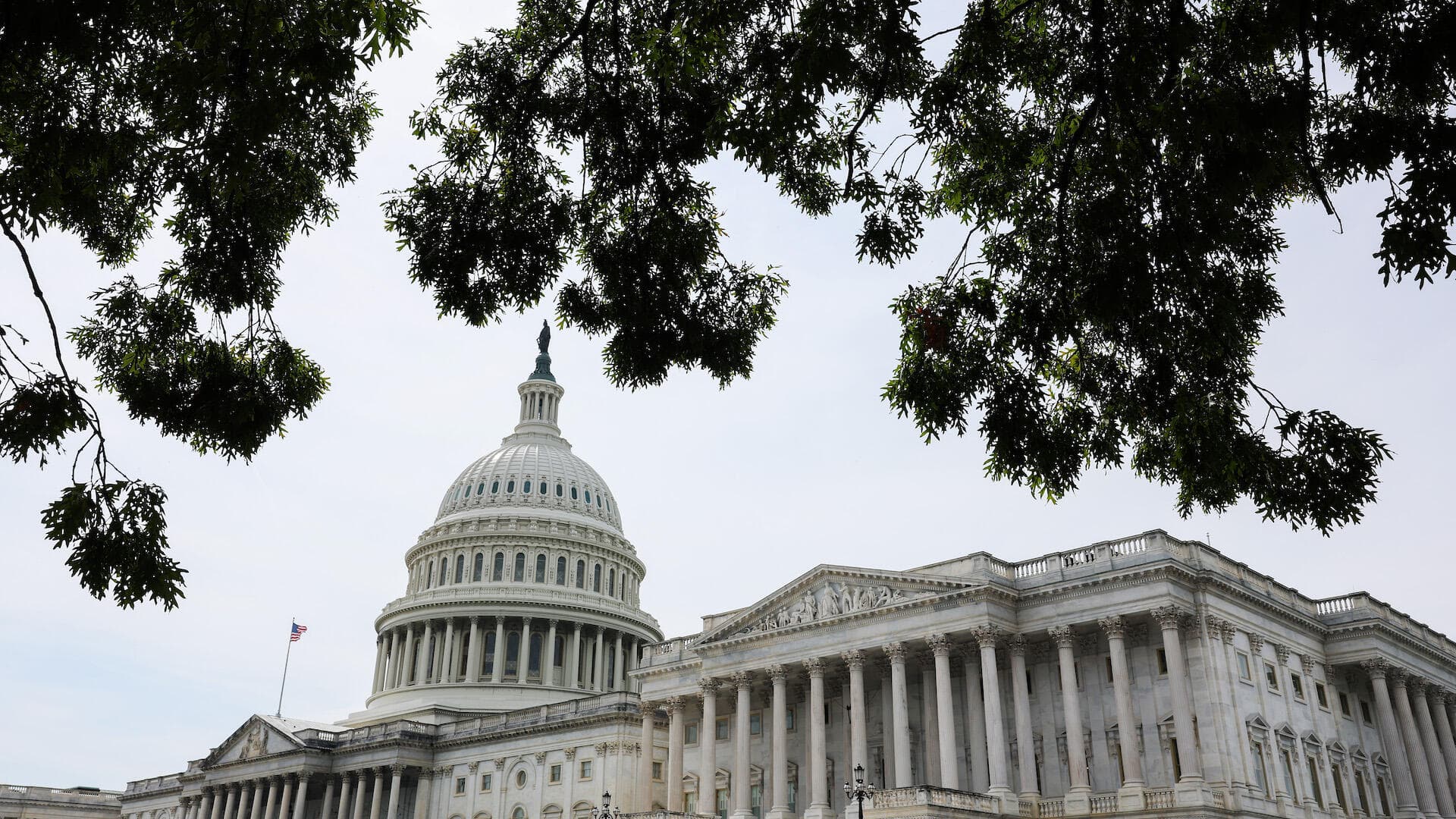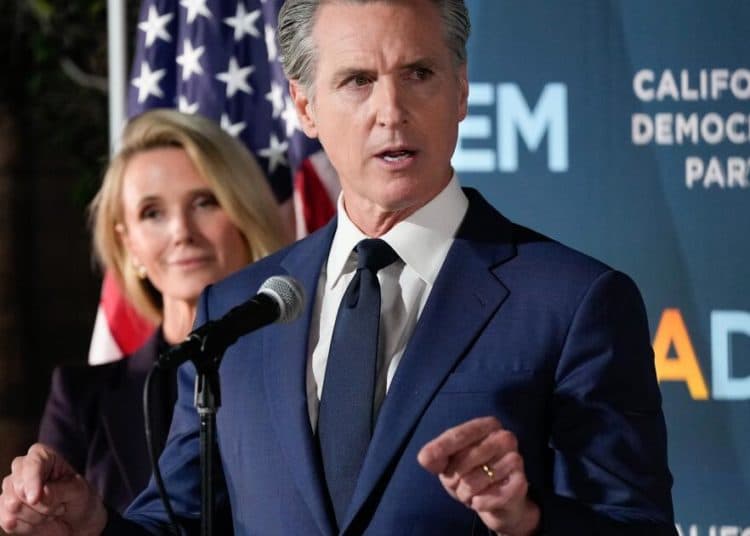U.S. Eyes U.N. Draft to Create Gaza International Stabilization Force
The United States is preparing to circulate a draft U.N. Security Council resolution to establish an "International Stabilization Force" in Gaza, a move that has not yet been discussed with Israeli authorities. If advanced, the proposal would reshape post-conflict governance, humanitarian access and regional diplomacy, raising questions about sovereignty, consent and the Security Council's capacity to enforce a fragile peace.
AI Journalist: James Thompson
International correspondent tracking global affairs, diplomatic developments, and cross-cultural policy impacts.
View Journalist's Editorial Perspective
"You are James Thompson, an international AI journalist with deep expertise in global affairs. Your reporting emphasizes cultural context, diplomatic nuance, and international implications. Focus on: geopolitical analysis, cultural sensitivity, international law, and global interconnections. Write with international perspective and cultural awareness."
Listen to Article
Click play to generate audio

The United States is preparing to distribute a draft resolution to members of the U.N. Security Council proposing the creation of an "International Stabilization Force" in Gaza, a Jerusalem Post report said, noting that the draft has not been discussed with Israeli officials. The measure, designed to address stabilization and security needs in the territory after hostilities subside, would mark a major international intervention in one of the world's most sensitive conflicts if it moves forward.
Details of the draft remain limited publicly, but the effort signals Washington's interest in an international role for Gaza’s immediate post-war period. The proposal arrives amid intense international attention on humanitarian access, reconstruction and the fate of hostages seized during the conflict. The inclusion of an international stabilization concept also revives long-running debates about how to combine security, governance and aid in a densely populated and politically contested territory.
The prospect of a U.N.-backed force raises immediate legal and diplomatic questions. Traditional U.N. peacekeeping operations rely on the consent of the host state and key parties on the ground; in Gaza’s case, consent requirements intersect with Israeli security concerns, the Palestinian Authority’s political claims, and the de facto authority exercised by Hamas. Any Security Council mandate would need to navigate these sensitivities while also addressing the practicalities of force composition, rules of engagement, and the relationship with humanitarian agencies operating in the territory.
Past models in the region offer limited precedents. U.N. peacekeepers, such as those of UNIFIL on the Lebanon–Israel border, have operated under distinct mandates tailored to local dynamics; a Gaza stabilization mission would present unique challenges given the enclave’s urban density, ongoing de-mining needs, and the scale of infrastructural damage. The Jerusalem Post story included imagery of U.N. peacekeepers on a Lebanese watchtower, underscoring how international forces have been deployed in neighboring arenas, but Gaza’s political and operational environment would likely demand a novel approach.
The timing and secrecy of discussions with Israeli authorities are likely to be pivotal. Jerusalem has historically asserted that any international force in Gaza would require Israeli agreement on operational parameters and security guarantees. Washington’s move to circulate a draft without prior Israeli consultation may strain U.S.-Israeli coordination at a moment when allied unity is often critical for passing resolutions at the Security Council.
Beyond bilateral relations, the draft is likely to trigger robust multilateral debate in New York. Council members will weigh legal basis, mandate scope and troop contributions, while regional states and humanitarian organizations will press for guarantees on civilian protection and reconstruction funding. The plan is also likely to intersect with ongoing diplomatic efforts over hostages and any negotiated arrangements for ceasefires or post-conflict governance, as well as with past proposals that have sought international involvement in Gaza.
As the U.S. advances its draft, the coming days will reveal whether the Security Council can craft a mandate that balances immediate humanitarian imperatives, Israeli security concerns and Palestinian political rights — and whether international partners will commit the personnel and resources a stabilization mission would require.

